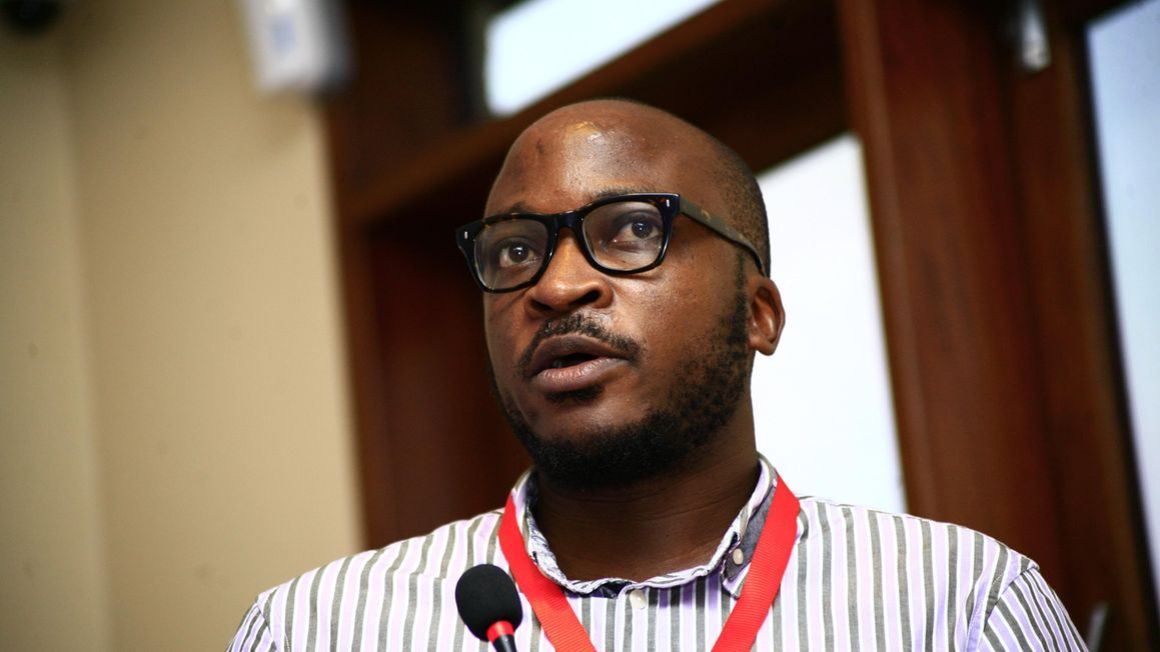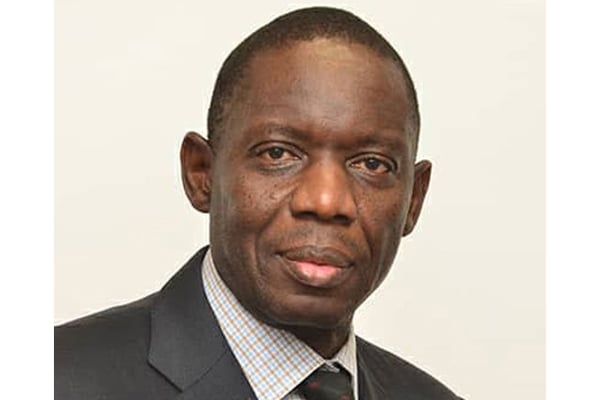Prime
What does six months without a central bank governor tell us?

Daniel K. Kalinaki
What you need to know:
- This inaction is replicated in lower rungs and in other fields. Positions remain unfilled for years, despite high unemployment rates. Loans are taken but not used. Public projects drag on for years, sometimes decades.
In most countries, six months without a substantive governor of the central bank would be cause for great concern. Given the current economic uncertainty and rapid inflation, such a vacuum would rightly be considered a crisis.
So why is it that there is no sense of urgency to clarify the leadership at the central bank after the death of Emmanuel Tumusiime-Mutebile in January?
The first is that the Deputy Governor, Michael Atingi-Ago, appears to have steadied the ship in the absence of a substantive governor, avoiding the kind of public drama that would have drawn even more attention to the institution. It may be too soon to say if he should be handed the full reins, but he has done his chances the world of good in his 26 months at Bank of Uganda.
The second reason is that it reflects the relative shallowness of our financial sector. The central bank’s primary role is to control inflation. The tools it uses have far-reaching impacts on the economy, including the price of loans, and how much money you and I have in our pockets.
Sudden moves from the central bank, such as interventions in the foreign currency market, or the surprise bond auction on the last day of the last financial year, are important measures of the health of the economy and the direction of travel of those who steward it. That they largely pass most of us by says much about the large informal segment, and the fact that the majority of us are participants in the economy, not contestants.
But it is also apparent that there is a certain lack of discipline and a drop in standards in the management of public affairs. Governor Mutebile was in failing health in his last years at the bank and not a few people were surprised when his contract was renewed in January 2021 for five years. There should have been a shortlist of candidates ready to be appointed if, for instance, he had turned down the new contract offer.
Yet this is no isolated incident. It is not uncommon for public servants to get to their last day without knowing if they will get a new contract or not. Some have been known to linger around while waiting for word from emissaries sent to the palace to beg for extensions.
In the second half of 2021 the Ministry of Justice and Constitutional Affairs, which alongside Defence, Finance, Internal Affairs and Foreign Affairs, makes up the pentagon of the most important ministerial dockets, did not have a substantive minister.
It was not until January that Mr Muruli Mukasa was appointed – in acting capacity – to hold fort, alongside his Public Service docket. Mr Mukasa has long experience in Cabinet. Still, one feels that the job would best be suited to someone with a working knowledge of the law, not a teacher/hotel manager. In any case, the job is too important to be done as a side hustle.
This inaction is replicated in lower rungs and in other fields. Positions remain unfilled for years, despite high unemployment rates. Loans are taken but not used. Public projects drag on for years, sometimes decades. Like plaque on enamel, a culture slowly builds up of poor execution. Sloth becomes socially acceptable. A nation sloooowly drags its feet.
We need to change the structure and the underlying incentives. Too much power has been concentrated in very few nodes and the retention of that power has become an end in itself.
This has led to a double whammy. Almost every decision must be analysed from a risk-to-power assessment. This creates delays and contradictions. It also rewards loyalty, not merit.
In addition, it multiplies the number of decisions that need to be made and inevitably reduces the quality of the outcomes. If the President didn’t have to give directives in every land wrangle or borehole dispute, we would never go six months without a central bank governor or a Justice minister.
If you go hunting for antelope your chance of success increases dramatically if you ignore the lizards. Ugandans need to agree on whether they want antelope or lizard for dinner.
Mr Kalinaki is a journalist and poor man’s freedom fighter.
Twitter: @Kalinaki




